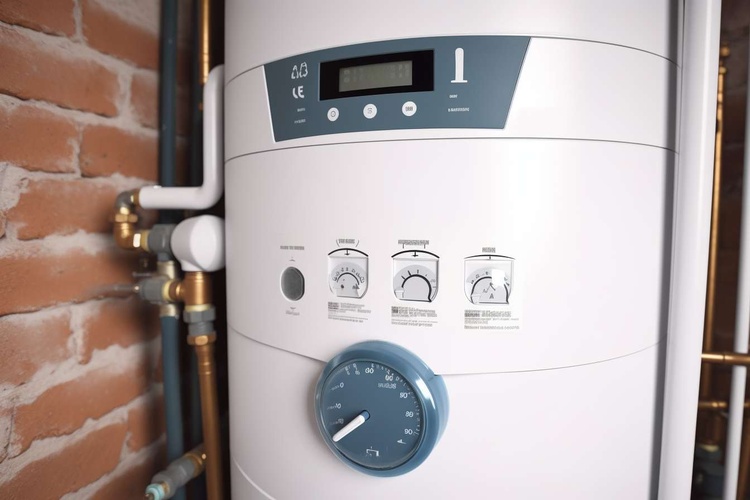Understanding the Pricing of Home Heating Systems
When it comes to keeping your home warm during the colder months, having an efficient and reliable heating system is essential. The pricing of home heating systems can vary depending on various factors such as the type of system, size of the home, and installation costs. In this article, we will explore the different factors that influence the pricing of home heating systems and provide valuable information to help you make an informed decision.

Types of Home Heating Systems
The UK heating market offers several distinct technologies, each with unique characteristics and price points. Gas boilers remain the most common choice, available in combination, system, and regular variants. Heat pumps, including air source and ground source options, are gaining popularity due to government incentives and environmental benefits. Electric heating systems, oil boilers, and biomass boilers serve specific market segments, particularly in areas without gas supply.
Each system type operates differently and serves various property requirements. Gas boilers provide instant hot water and heating through combustion, while heat pumps extract energy from external sources. Electric systems offer precise control but typically higher running costs, and biomass systems use renewable fuel sources like wood pellets.
Factors Influencing Pricing
Several key elements determine the total cost of heating system installation and operation. Property size directly impacts system capacity requirements, with larger homes needing more powerful units. Existing infrastructure plays a crucial role, as properties with established gas connections or suitable electrical supply face lower installation costs.
Installation complexity significantly affects pricing, particularly for ground source heat pumps requiring excavation or properties needing extensive pipework modifications. Geographic location influences both equipment and labour costs, with London and Southeast England typically commanding premium prices. Energy efficiency ratings and government schemes like the Boiler Upgrade Scheme can substantially reduce upfront costs for qualifying systems.
Cost Comparison
Heating system costs vary considerably across different technologies and installation scenarios. Understanding these price ranges helps homeowners budget effectively and compare options.
| System Type | Installation Cost Range | Annual Running Cost | Lifespan |
|---|---|---|---|
| Gas Combi Boiler | £2,000 - £4,500 | £800 - £1,200 | 15-20 years |
| Air Source Heat Pump | £8,000 - £18,000 | £600 - £1,000 | 20-25 years |
| Ground Source Heat Pump | £15,000 - £35,000 | £500 - £800 | 25+ years |
| Electric Boiler | £1,500 - £4,000 | £1,200 - £2,000 | 15-20 years |
| Oil Boiler | £3,000 - £6,000 | £900 - £1,400 | 15-20 years |
| Biomass Boiler | £10,000 - £20,000 | £700 - £1,100 | 20+ years |
Prices, rates, or cost estimates mentioned in this article are based on the latest available information but may change over time. Independent research is advised before making financial decisions.
Choosing the Right Heating System
Selecting an appropriate heating system requires careful consideration of multiple factors beyond initial cost. Property characteristics, including insulation levels, space availability, and existing infrastructure, heavily influence system suitability. Households with high hot water demand might benefit from system boilers or heat pumps with large cylinders.
Environmental considerations increasingly drive decision-making, with heat pumps offering lower carbon emissions when powered by renewable electricity. Government incentives and future-proofing against potential gas boiler bans make renewable technologies attractive despite higher upfront costs. Local energy supply reliability and fuel availability also impact long-term viability.
Running costs deserve careful analysis, as systems with higher installation costs often provide lower operational expenses. Heat pumps typically offer the best long-term value in well-insulated properties, while gas boilers remain cost-effective for immediate replacement scenarios.
Conclusion
Heating system pricing reflects a complex interplay of technology, installation requirements, and ongoing operational costs. While gas boilers offer the lowest upfront investment, heat pumps provide superior long-term value through reduced running costs and government incentives. Property-specific factors ultimately determine the most economical choice, making professional assessment valuable for optimal decision-making. Understanding these pricing dynamics enables homeowners to balance immediate affordability with long-term efficiency and environmental impact.




